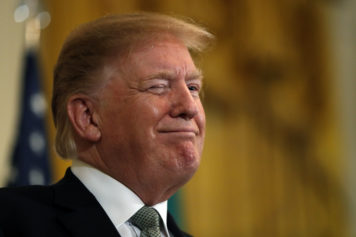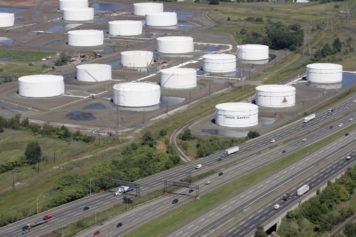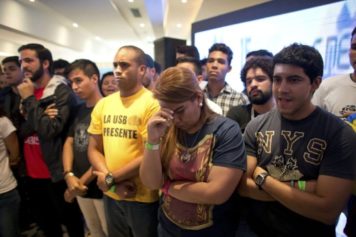Venezuela is in a state of crisis as the Jan. 10 inauguration date for President Hugo Chavez approaches.
As Chavez recovers from cancer surgery in Cuba, no one is certain whether he will be able to return to Caracas in time for his inauguration.
While the charismatic Chavez hasn’t been seen or heard from in three weeks, Vice President Nicolas Maduro said the government has been providing regular updates—26 updates in 22 days—demonstrating that there is no effort to be evasive about the president’s condition.
Information Minister Ernesto Villegas said in the latest update Thursday night that “Comandante Chavez has faced complications as a result of a severe lung infection.”
“This infection has caused a breathing insufficiency that requires Comandante Chavez to comply strictly with medical treatment,” the statement said, with no further details.
The question of what happens if Chavez can’t make it back to Caracas on Jan. 10 to be sworn in by the legislature isn’t explicitly answered in the Venezuelan constitution. The constitution does say that if the president—who was reelected three months ago—were to die or had to step aside, presidential powers should be held temporarily by the president of the National Assembly, Diosdado Cabello, and then new elections would be held within 30 days.
But Chavez supporters say that the Venezuelan Supreme Court could give Chavez a 90-day extension if he needs more time to recover, and they point out that the constitution says the justices could travel to Cuba to swear him in rather than the legislature.
“When? It doesn’t say. Where? It doesn’t say where,” Cabello recently said in a speech to government supporters about the details in the constitution.
After Cabello’s speech last month, Supreme Court President Luisa Estella Morales said that if the question were brought before the court, the justices could rule on whether it’s constitutional to postpone the date of the swearing-in ceremony.
Many observers are wondering if the unity being shown by Vice President Maduro and National Assembly President Cabello will hold, since the two have much at stake if Chavez can’t rule the country.
Standing together on Thursday in a tour of a government-run coffee plant—the kind of visit Chavez used to make all the time—Maduro and Cabello said they are more united than ever.
“We’ve sworn before commander Hugo Chavez, and we’ve ratified the oath today before commander Chavez, that we’re going to be united, together with our people, with the greatest loyalty,” Maduro said.
They were dismissive of talk of a rupture between them.
“They’re going to spend 2,000 years waiting for that to happen,” Cabello said, urging Venezuelans: “Don’t fall for the opposition’s rumors.”
“We aren’t going to betray the nation,” Cabello added.
Before he left Venezuela, Chavez gave a speech in which he said he may not be able to serve his fourth term because he must undergo his fourth surgery and treatment. He practically pleaded with the populace to choose his vice president and confidant Nicolas Maduro, 52, the former bus driver, as his successor.
If “some circumstance” should prevent him from completing his term or starting his next one, Chavez said, Maduro should not only complete the current term but also be elected president to replace him, “in my firm, irrevocable, absolute and total opinion.… This I ask you from the heart.”
Maduro has been a close friend and confidante of Chavez’s for 20 years—he was among the tiny circle who originally accompanied Chavez to Cuba for his cancer operation. Genial and well-liked, Maduro is considered a more moderate force in the Socialist regime than many other hard-liners.


